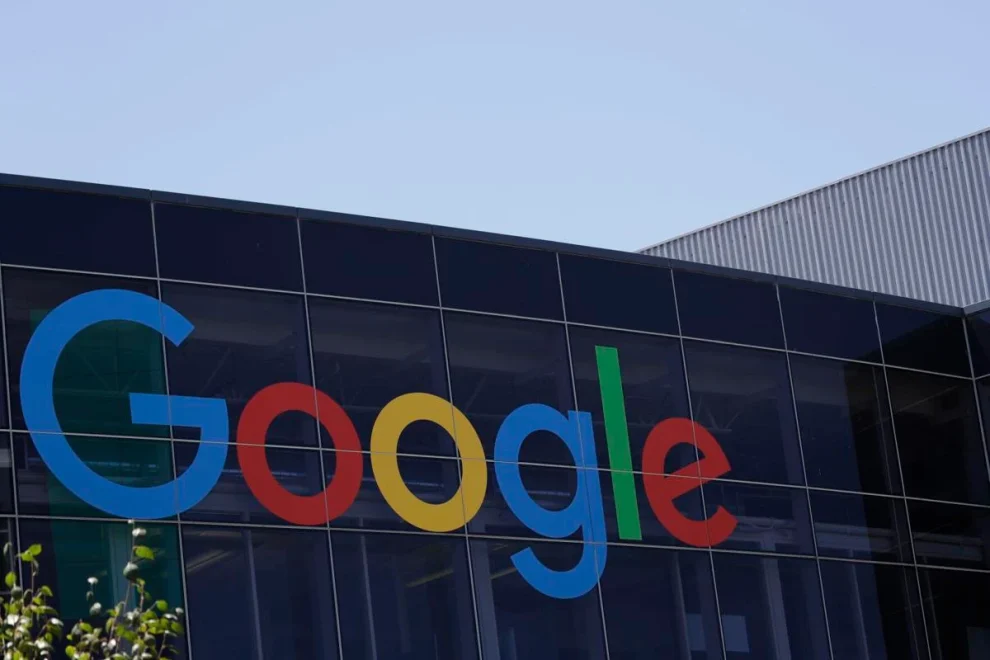Google has issued a stark warning: a significant number of apps on the Play Store will be disabled within the next 10 weeks. This impending digital purge, aimed at enhancing security and improving user experience, threatens to reshape the landscape of available Android applications and could potentially impact how millions interact with their devices daily.
Google’s announcement, made through official developer channels and public notices on the Play Store, outlines a stringent new policy set to take effect in just over two months. The key points of the warning include:
1. Apps that haven’t been updated to meet new security and performance standards will be disabled.
2. Developers have a 10-week window to bring their apps into compliance.
3. Users will lose access to non-compliant apps, potentially disrupting their digital routines.
Sarah Chen, Google’s Head of Play Store Policy, explains the rationale behind this drastic measure: “Our primary goal is to ensure that Android users have access to the safest, most up-to-date apps possible. This policy is designed to motivate developers to keep their apps current with the latest Android security features and performance optimizations.”
The potential scale of this app disablement is staggering. According to data from app analytics firm AppBrain, there are currently over 2.5 million apps available on the Google Play Store. Industry experts estimate that up to 30% of these apps could be at risk of disablement under the new policy.
Dr. James Wong, a mobile app security researcher, provides context: “Many apps on the Play Store were developed years ago and have been left essentially untouched. While they may still function, they often lack critical security updates and can pose risks to user data and device integrity.
The categories most likely to be affected include:
1. Utility apps developed by small teams or individual developers
2. Games that haven’t received updates in years
3. Niche apps with small but dedicated user bases
4. Apps from companies that have gone out of business
The announcement has triggered a frenzy of activity in the developer community. Forums and social media platforms are buzzing with discussions, questions, and concerns as developers race against time to update their apps.
John Doe, an independent app developer with several apps on the Play Store, shares his perspective: “It’s a mad dash to update everything. For those of us with multiple apps, it’s a huge undertaking to bring them all into compliance in just 10 weeks. It feels like Google has put a gun to our heads.”
Larger development studios and tech companies with significant resources are better positioned to meet the deadline, potentially widening the gap between big and small developers in the Android ecosystem.
For Android users, the prospect of losing access to familiar apps is causing concern and confusion. Social media platforms are awash with questions about which apps might be affected and what alternatives are available.

Emma Thompson, a tech columnist, highlights the potential impact on users: “Many people rely on specific apps for daily tasks, work, or entertainment. The sudden disablement of these apps could disrupt routines and force users to find and learn new alternatives quickly.”
Key user concerns include:
1. Loss of access to paid apps they’ve invested in
2. Disruption to workflows that depend on specific apps
3. Potential loss of data stored within apps that become disabled
4. The challenge of finding suitable replacements for niche or specialized apps
Google maintains that this sweeping action is necessary to maintain the integrity and security of the Android ecosystem. The company cites several reasons for the policy:
1. Security Vulnerabilities: Older apps often contain security flaws that can be exploited by malicious actors.
2. Performance Issues: Apps not optimized for newer Android versions can drain battery life and slow down devices.
3. User Experience: Outdated apps may not function properly on modern devices, leading to a poor user experience.
4. Ecosystem Health: Removing outdated apps helps maintain a high-quality app ecosystem, benefiting both users and developers of current apps.
This move by Google has implications that extend far beyond individual apps and developers:
1. App Store Dynamics: Other app stores, including Apple’s App Store, may feel pressure to implement similar policies.
2. Digital Preservation: There are concerns about the loss of apps that, while outdated, have historical or niche value.
3. Developer-Platform Relationships: The policy highlights the power dynamics between app platforms and developers.
4. User Data and Privacy: The disablement of apps raises questions about what happens to user data stored within them.
Tech analyst Maria Rodriguez comments on the broader impact: “This is a significant shift in how we think about digital products. It challenges the idea that once you download an app, it’s yours to keep. It’s a move towards a more dynamic, but also more controlled, app ecosystem.”
The announcement has also sparked discussions about the legal and ethical implications of disabling access to apps that users have purchased or relied upon.
Legal expert Michael Chang weighs in: “There could be grounds for legal challenges, particularly in cases where users have paid for apps that are subsequently disabled. It raises questions about digital ownership and the rights of consumers in the app ecosystem.”
Some of the key legal and ethical questions include:
1. Do users have a right to continued access to apps they’ve purchased?
2. What responsibilities do platforms have to maintain access to legacy applications?
3. How should user data be handled when apps are forcibly disabled?
4. Are there antitrust implications in Google’s ability to unilaterally remove apps from devices?
Reactions from the tech industry have been mixed. While many acknowledge the importance of maintaining a secure and high-performance app ecosystem, concerns about the implementation and timeline have been widespread.
1. Security Experts: Generally supportive of the move, citing the importance of keeping apps up-to-date with the latest security practices.
2. Small Developers: Expressing concern about the short timeline and the resources required to update multiple apps.
3. User Advocacy Groups: Calling for more transparency and longer transition periods to protect user interests.
4. Competitors: Watching closely, with some seeing an opportunity to attract developers and users dissatisfied with Google’s approach.
As the 10-week countdown begins, the Android community braces for significant changes. This move by Google could set a precedent for how mobile platforms manage their app ecosystems in the future.
Potential long-term impacts include:
1. More frequent and stringent app update requirements across all platforms
2. Increased focus on app longevity and sustainability in developer business models
3. The emergence of new tools and services to help developers maintain compliance
4. A shift in user expectations regarding app lifespan and updates
Google’s warning of imminent app disablement marks a critical juncture in the evolution of mobile app ecosystems. It underscores the ongoing tension between innovation, security, and user expectations in the rapidly changing world of mobile technology.
As developers race to update their apps and users prepare for potential disruptions, the broader implications of this policy are still unfolding. Will this lead to a more secure and high-performance app landscape, or will it result in a loss of digital diversity and user choice?
The next 10 weeks will be a crucial period of adaptation and change for the Android ecosystem. As this digital purge approaches, one thing is clear: the way we think about app ownership, updates, and platform governance is being fundamentally challenged. The outcome of this policy could shape the future of mobile app development and usage for years to come.
For now, Android users and developers alike find themselves on a countdown, watching anxiously as the clock ticks down to a potentially transformative moment in the world of mobile apps.
















Add Comment